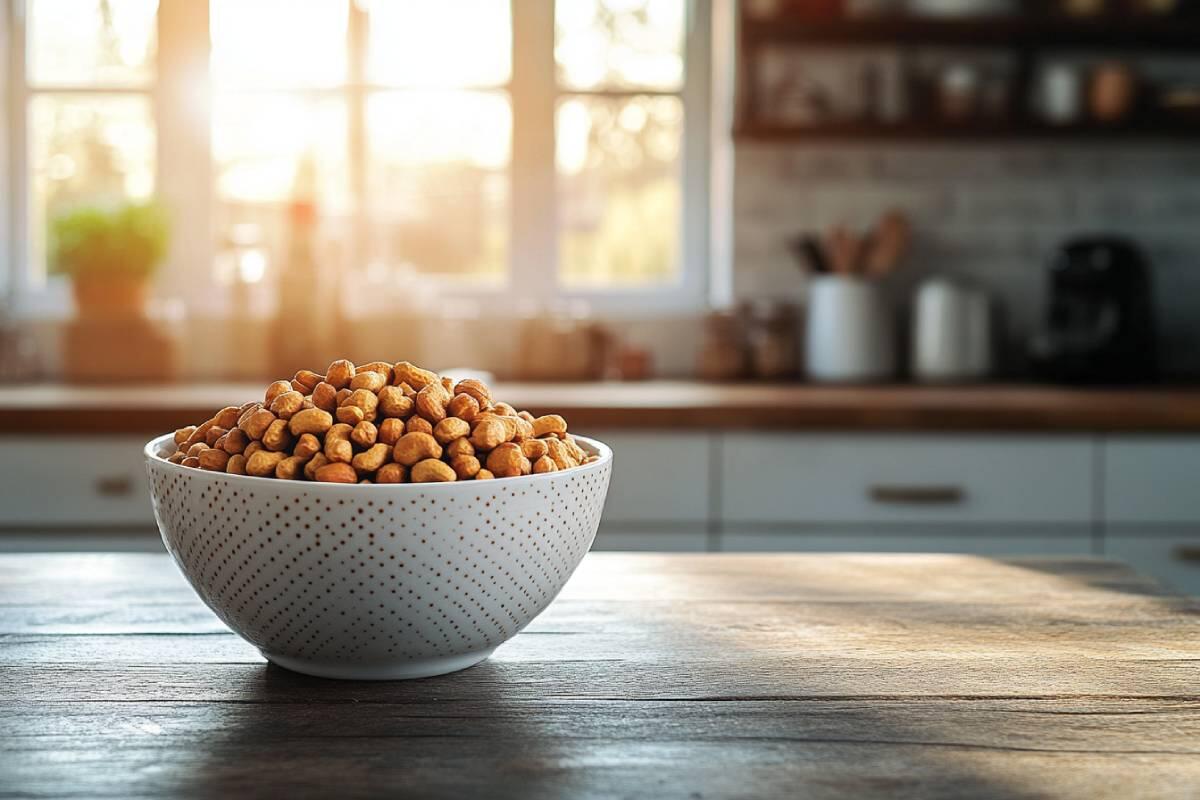The Benefits of Peanuts: A Nutritional Powerhouse
Peanuts are much more than a snack; they are a versatile, nutrient-packed food offering a variety of health benefits. Their affordability and accessibility make peanuts a popular choice for people seeking healthy dietary options worldwide. Whether consumed roasted, raw, or as peanut butter, peanuts are a staple in many diets and cultures.
At Clinic Consultation, we understand the importance of including nutrient-dense foods like peanuts in your daily routine. This article explores the many health benefits of peanuts, how to incorporate them into your meals, and precautions to consider.
Nutritional Composition of Peanuts
1. Rich in Protein
Peanuts are an excellent plant-based source of protein, making them an ideal choice for vegetarians and vegans. A single serving contains a substantial amount of protein, which is essential for muscle building, repair, and overall growth.
2. Packed with Healthy Fats
Contrary to common misconceptions, the fats in peanuts are mostly heart-healthy monounsaturated and polyunsaturated fats. These fats contribute to lower cholesterol levels and improved cardiovascular health.
Health Benefits of Peanuts
1. Heart Health Support
Peanuts contain nutrients like magnesium, niacin, and resveratrol that promote heart health. Regular consumption has been linked to reduced risks of cardiovascular diseases, thanks to their ability to improve blood flow and lower bad cholesterol.
2. Weight Management
Peanuts can help with weight management when eaten in moderation. Their high protein and fiber content keep you feeling full for longer, reducing the likelihood of overeating.
3. Rich in Antioxidants
Peanuts are a significant source of antioxidants like vitamin E and p-coumaric acid. These compounds protect cells from damage caused by free radicals, reducing the risk of chronic diseases.
How to Incorporate Peanuts into Your Diet
1. Snack Smartly
Roasted peanuts make for a convenient and healthy snack. Pair them with fresh fruits or yogurt for a balanced and satisfying mini-meal.
2. Add to Recipes
Peanuts can enhance the taste and nutritional value of many dishes. Add crushed peanuts to salads, stir-fries, or desserts, or use peanut butter as a spread or an ingredient in smoothies.
Precautions When Consuming Peanuts
1. Allergy Awareness
Peanut allergies are among the most common food allergies. If you or a family member are allergic, even small quantities can trigger severe reactions. At Clinic Consultation, we recommend consulting a healthcare provider for allergy testing and management plans.
2. Avoid Overconsumption
While peanuts are nutrient-rich, they are calorie-dense. Overeating can lead to excessive calorie intake, countering their health benefits. Moderation is key to enjoying their nutritional value without adverse effects.
Why Choose Peanuts for Your Health?
1. Sustainability and Accessibility
Peanuts are not only nutritious but also an eco-friendly crop. Their cultivation requires fewer resources compared to other protein sources, making them a sustainable food choice.
2. Cost-Effective Nutrition
Peanuts are a budget-friendly option for those seeking high-quality nutrients. Their affordability ensures that healthy eating is accessible to everyone.
Conclusion
Peanuts are a nutritional powerhouse that can benefit your heart, weight management, and overall health. Incorporating them into your diet is simple, whether as a snack or part of a recipe. However, it is essential to consume them in moderation and be mindful of allergies.
For personalized dietary guidance or to explore how peanuts can fit into your health goals, consult the experts at Clinic Consultation. Our specialists are here to support you on your journey to a healthier lifestyle.
